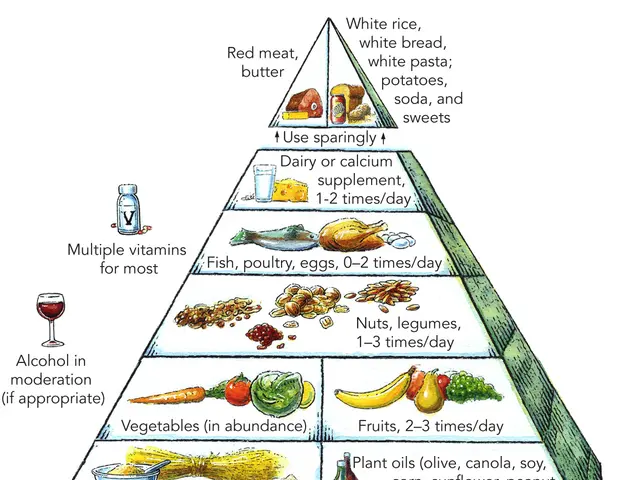Germany’s biohacking boom raises questions about risks and AI-driven regulations
Biohacking, a trend focused on enhancing personal health and well-being through lifestyle changes, is gaining traction in Germany. This involves using technology, adjusting diets, and adopting new habits. However, it's crucial to understand and adhere to regulations governing these practices.
Biohacking products, depending on their nature, fall under Germany's pharmaceutical, medical device, or food laws. They must comply with the Arzneimittelgesetz (AMG), Medizinproduktegesetz (MPG), and Lebensmittel- und Futtermittelgesetzbuch (LFGB). Strict data protection rules under DSGVO apply, and from 2026, additional AI-specific regulations will come into play under the EU-AI Act.
Tech-based biohacking uses devices like fitness trackers and smart scales to monitor and improve health. Nutritional biohacking, such as intermittent fasting, is also popular, with the 16:8 method being a common approach. Daily biohacks include deliberate cold exposure, harnessing morning sunlight, and following specific breathing techniques and eye exercises.
While biohacking encourages self-experimentation and data-driven understanding of one's body, it's not without risks. These include bodily injury from untested methods, misinterpretation of personal data, financial exploitation, and exacerbation of underlying health issues. More advanced forms like do-it-yourself biology involve conducting experiments outside traditional labs. Nutrigenomics, the study of how food interacts with genes, is a key aspect of nutritional biohacking.
Biohacking offers potential benefits but also carries risks. It's essential to stay informed about regulations and potential dangers. Always consult healthcare professionals before starting any biohacking practice. As the field evolves, so will the laws governing it, with the EU-AI Act set to introduce additional requirements in 2026.







